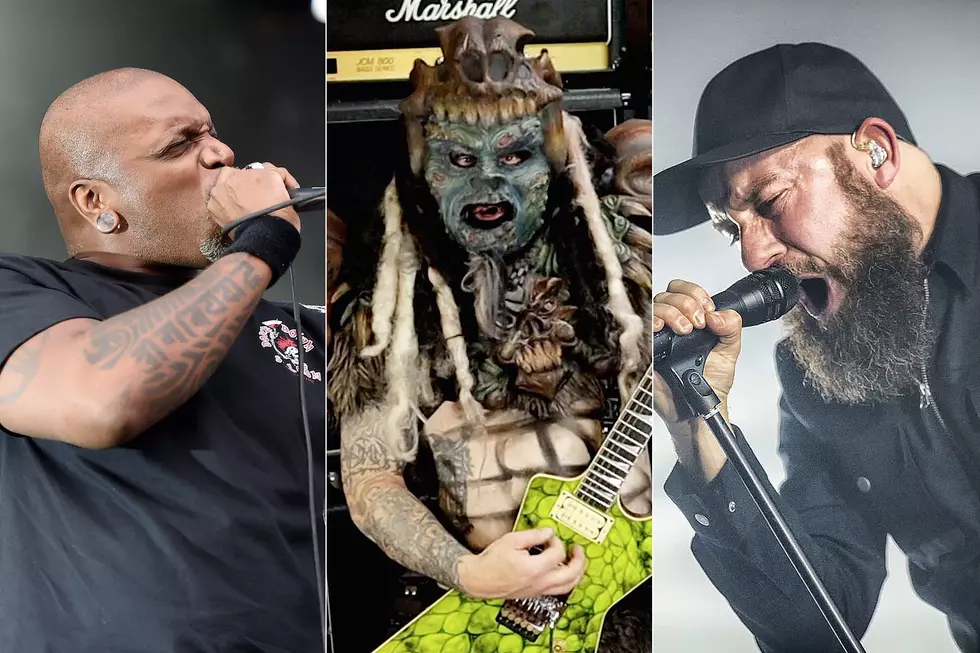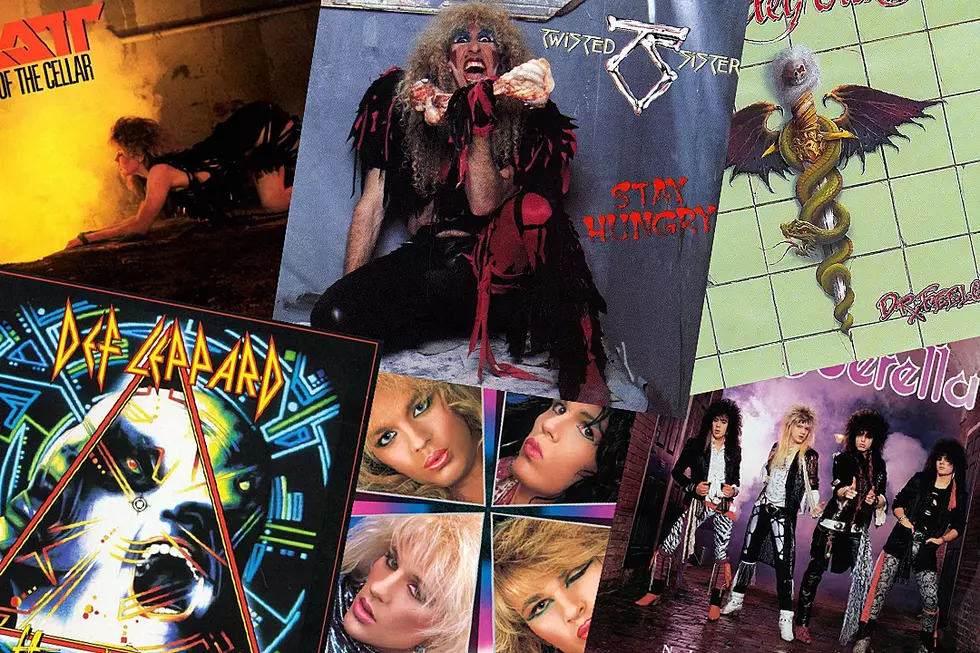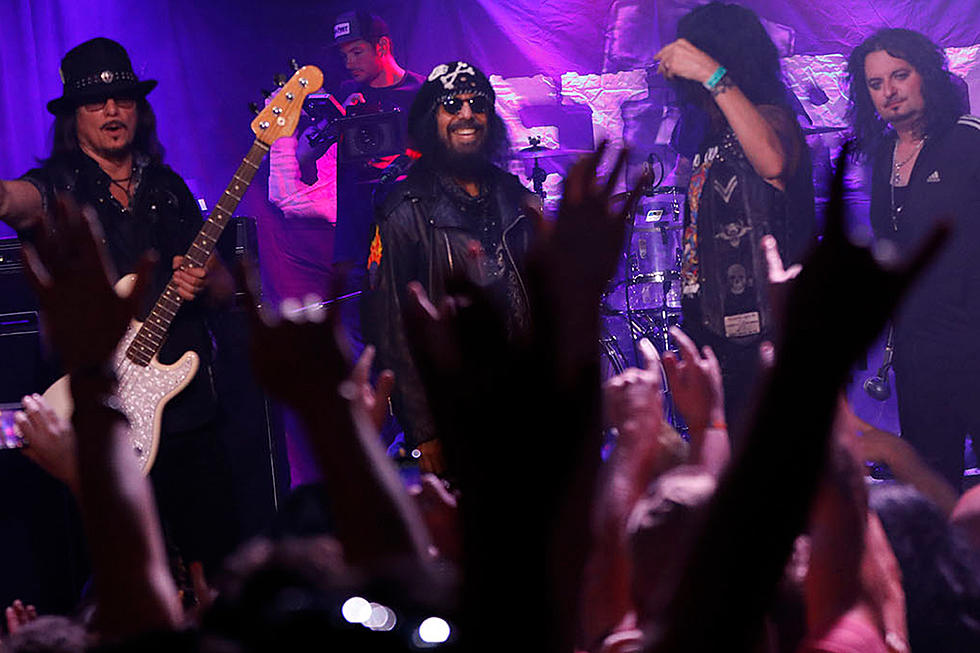
The Importance of Quiet Riot
A major milestone was almost completely ignored last year, and that’s Quiet Riot’s 'Metal Health' album reaching No. 1 on the Billboard charts on Nov. 26, 1983. It may not have seemed like much at the time, but in retrospect it was a remarkable turning point in music.
The most obvious reason was that 'Metal Health' opened up the market for metal to come back and become a major force in the '80s. Several bands have claimed to have had the first No. 1 metal album, including AC/DC, who hit the top with 1981's 'For Those About to Rock,' but there’s no doubt 'Metal Health' had the most impact on the market.
Quiet Riot's breakthrough happened at a transitional time in music where the landscape was rapidly changing. So when they changed from a ‘70s glitter band to a full-bore metal band and subsequently topped the charts, all the major labels decided they had to have a metal band. It was similar to when Nirvana exploded and they all looked towards Seattle.
With 'Metal Health' and Def Leppard’s 'Pyromania,' metal was all over MTV and radio, and it was also sharing the Top Ten with Michael Jackson and Madonna. With the success of Leppard -- and Ratt and Twisted Sister having their moments the next year -- the music was building towards a big critical mass, and they all had Quiet Riot to thank.
Quiet Riot’s momentum was building throughout 1983, thanks to rave reviews for their performance at the US Festival in May, where they were the first act on “Heavy Metal Sunday.” They continued to steal the show as an opening act for Loverboy and Black Sabbath. In fact, Quiet Riot were opening for Sabbath on their 'Born Again' tour when 'Metal Health' hit No. 1.
It was their hit cover of Slade's 'Cum on Feel the Noize' that broke down the barrier on MTV. Ironically, the band had to be dragged kicking and screaming to record it, and yet it peaked at No. 5 on the Billboiard Hot 100. Quiet Riot would sell over four million copies of 'Metal Health' in its time, and the RIAA reports it has been certified six times platinum to date.
But once Quiet Riot hit the top of charts, it was all downhill from there. The band’s follow-up, 'Condition Critical,' sold 1.5 million copies, which was considered a major disappointment after the success of 'Metal Health' (one report dubbed it “the platinum failure.”). Then singer Kevin DuBrow ended up souring the band’s fan base with his constant bashing of his rivals, like Motley Crue and Ratt, who quickly outsold Quiet Riot once the band opened the door for the scene. And, like a lot of bands had to learn the hard way in the '80s, what MTV gave, MTV could quickly take away.
They never regained the success they once had, but they still gave it their all, even when they were headlining tiny clubs. Although he had always clinically suffered from Lead Singer Disease, DuBrow learned a lot of hard lessons from his years in the wilderness, and he did make some effort to try and be a better person.
Quiet Riot would wind up a tragic one-album wonder story, much like the Knack, where a band was a supernova phenomenon instead of having had a long career. Yet Quiet Riot have absolutely earned their place in history for having the first metal album to hit No. 1 on the charts, and opening the door for innumerable bands to succeed on the pop charts and MTV.
Watch Quiet Riot's 'Metal Health (Bang Your Head)'
More From KYBB-FM / B102.7










